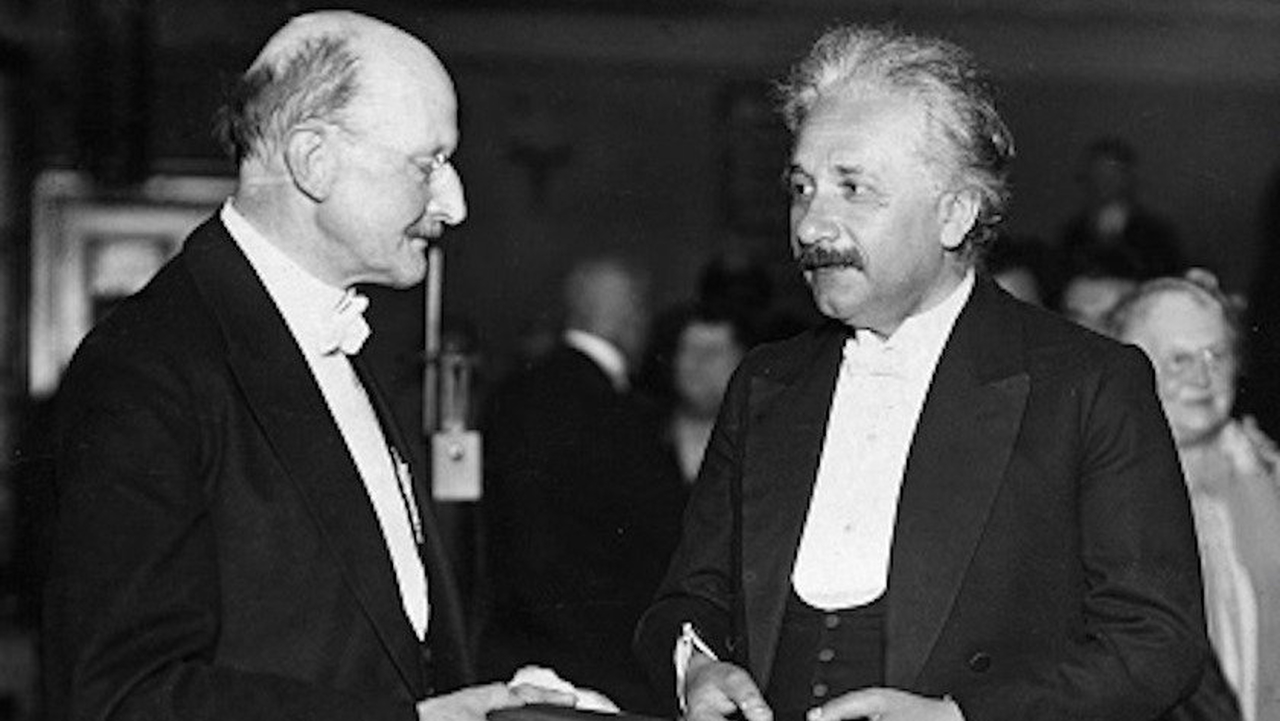If communication is indeed the heartbeat of relationship, it’s little wonder that most relations are on coronary care. Once again we are confronted with another absurd reality. Our culture deprives us of the most fundamental education that we require to succeed in our relationships. Learning the subtleties and nuances of meaningful and effective communication are the cornerstones of successfully relating.
In effective communication, which incidentally is a very rare event, we need to first establish a shared meaning around the words, constructs and ideas that we are discussing and then further that meaning in a coherent flow of dialogue. Such a skill set enables relationships to thrive, businesses and organizations to be more productive and nations to create and sustain peace. What could possibly be more essential?
Shared Meaning
We take for granted that our words convey exactly what we intend them to. This is a particularly misinformed assumption. I have observed that upon deeper scrutiny, the words, let alone the concepts, tend not to be received in the way the messenger intends. By the time a few sentences have passed, we may have a totally missed communication. How often do we pause and considerately ask the other what they mean by the word or words they are using?
Although this problem is more glaring in confrontational discourse, it impacts amicable conversations as well. “You don’t know how to be intimate,” she exclaims. He retorts, “I don’t know how to be intimate? You’re so angry and cold who would ever want to be intimate with you?” In the following minutes this couple is off to the races, pushing buttons and hurling invective.
They are arguing around the word ‘intimate.’ Yet, no one has bothered to share or inquire what intimate suggests. She might be referring to emotional intimacy; he might be thinking of sexual intimacy. This is a common disconnect. Yet the problem runs deeper. Let’s give them the benefit of the doubt and assume they are fighting about whether he can or cannot be emotionally intimate. Have they ever discussed the concept of emotional intimacy and reached a shared meaning? This would be most unlikely.
How can we discuss or argue the virtues of something when we are speaking differing languages? When we seek to learn a new language, we must first understand what the word means when it is translated into our native language. That said the subtleties and nuances might still be different, so we need to come to appreciate these differences to communicate well. Yet, we don’t bother to discern those more subtle differences when we both speak the same language. We assume the words have the same meaning for each of us. They ordinarily don’t.
Coherent Communicating
Let’s move this couple into the art of coherent communicating. His more proper response to her accusation might be to inquire as to what she means by the word intimate. This would require that his button not be pushed in a reactive and defensive manner, and that he respond in a balanced and sensible way. After all, his partner is upset with him. Why not find out what is truly troubling her? If he doesn’t fully appreciate what she is feeling and trying to communicate, how can they ever move to resolve the emotional upset? So, in this instance, he might elect not to be right, not to prove her wrong, and try to comprehend what is stirring her upset. A more educated response might sound like, “Yikes, that feels hurtful. Please tell me what you mean by intimate and how you feel I’m failing you?” That response might actually foster a generative discussion instead of breaking down into yet another meaningless argument.
Of course, the problem lies with her as well as with him. He’d have to be very far along in his shared meaning and dialogue education to be able to reflectively inquire as to her meaning rather than simply react. To further the possibility of meaningful conversation, she might have begun with, “I’m really feeling sad and shut down that you don’t share your more private thoughts and feelings with me. I feel like we’re strangers just going through life together but not really connecting. Do you feel that same about me?” Imagine how differently that conversation might flow.
Language only represents thoughts, beliefs and experiences, and should not be taken as a literal or objective reality. Words don’t mean the same thing to all of us. In fact, they ordinarily evoke differing connotations based upon each individual’s experiences. We often end up in disagreements without clarifying what it is that we’re arguing about. Just consider the confusion around the word ‘love.’ One person says to the other, “I love you.” The other responds, “No you don’t.” Are they speaking of loving one another or being in love: Eros? Is anyone clarifying? Ordinarily we aren’t.
In the Greek language there are numerous words for love. The Greeks clearly appreciate the myriad nuances to this word. We need to take the time to illuminate and appreciate what the other truly means by the word. What sense does it make to argue about whether you are intimate or loving if we’re talking about two different things? We must look beyond the word – the label – and find shared meaning in our communications.
When we ask one another what the word or concept means, we are in fact being very intimate and respectful. Taking the time to inquire as to what the other is truly intending to communicate honors the exchange. Sharing meaning is a precursor to an intimate exchange and opens the doorway to genuine dialogue.
To be informed of Mel’s upcoming seminar on communication or to download the audio version of the talk, send us an email.
See my Facebook page.
Follow me on Twitter.
Join my LinkedIn network.
More…
Podcast #124: The Five Percent Rule and Other Ways to Get Past the Argument





What I find is that many times with women, we are not taught boundaries or how to stand up for ourselves growing up. I hear clients say that by the time they finally say what they want to say they are angry and it doesn’t come out quite right. So the emotions go into the phrase and it comes across in a way that would intimidate another person and put them on the defensive.
Hi Jeannine,
This is a self-esteem issue and of course impacts men at times, as well as women.
Thanks Mel Another great article and just spot on. Asking ourselves why we feel defensive or under attck can help find the pattern that we are living out in relationships and then look at the feelings and emotions we are putting in the space in the between us .
Love Val
Yes it can be a long, learning process. One thing I have found is essential for myself, and this I use in my client work and in life generally, is to be centred in my heart – not in a sentimantal way at all, just simply and respectfully listening before speaking. My heart is always more likely to understand where a person is coming from than my head, which is often superimposing my agenda on the moment. I like to focus on the feeling that there is one heart – that’s where we can truly meet, and from there I think I can model an effective way of communicating – from a space of inner ease.
From there I can have patience, both with myself and with the ‘other’, and allow what needs to be communicated to find its own way into the space between us. But even before this, first I have to connect with what I really intend in my heart – what do I want to communicate? Answer: respect, recognition of the ultimate and innate goodness of myself and the ‘other’ and desire for understanding.
After these requirements are met, then the subject of the encounter can be considered. When all this has been contemplated, I am ready to enter the meeting space.
Hi Christine,
What you describe is the sacred “in between” where we meet.
thanks
Eduacation: I agree that the earlier a child learns to communicate clearly (what it feels..), the better; . They will have less emotionals wounds -> less buttons. When a person has less buttons it is easier to be open for the point of view of an other person. Easier to inquiere what the other means.